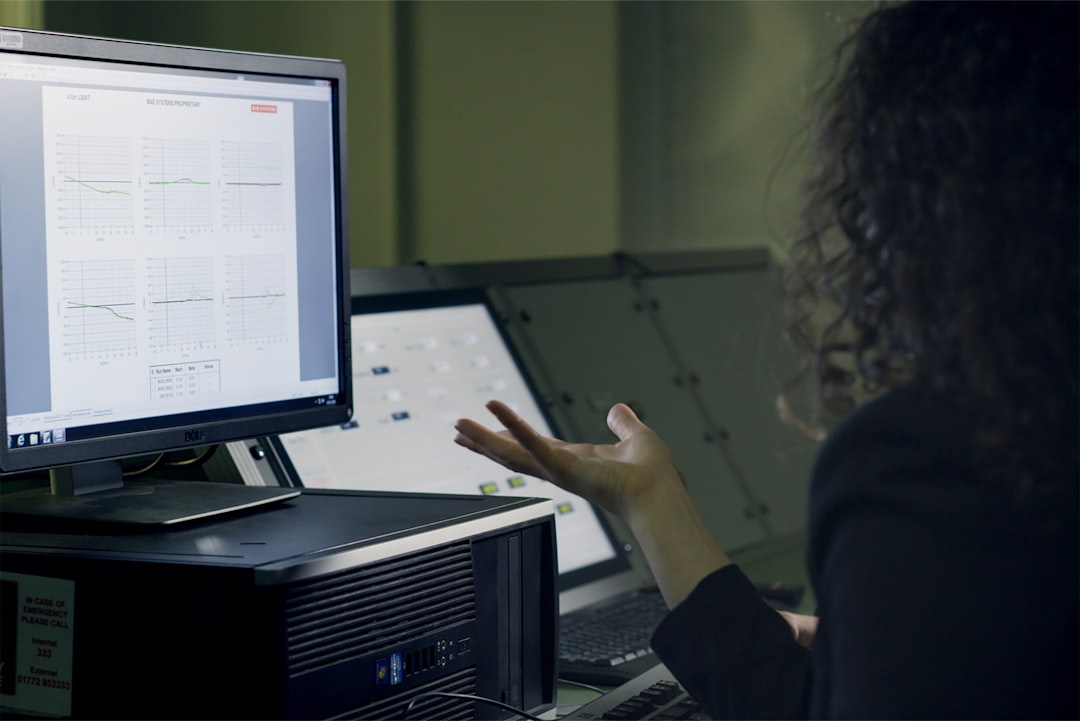Ever wondered what a picture can really say about you? Reverse image search tools let you upload a photo and instantly find similar images online. Sounds like magic, right? But wait — before you upload that selfie or a vacation snap, it’s smart to ask: Are there any security risks? Let’s dive into this pixel-packed mystery!
What is reverse image search?
It’s a clever tool. You give it a picture. It hunts down copies or similar ones on the internet. It can tell you where else that image appears. Great for finding where your memes landed. Or tracking fake profiles. Or getting the name of that must-have houseplant in your friend’s photo.

Sounds helpful! So, what’s the risk?
It’s not always sunshine and pixels. Sharing a photo, especially of yourself, can open doors you didn’t mean to unlock.
Here are some risks to consider:
- Privacy issues
Some tools save your images. You think it’s a quick search, but now that photo is sitting on a company’s server. - Tracking your footprint
If someone finds another site using your image, they might learn more about you. Maybe too much. - Phishing scams
Some fake apps pretend to be reverse image tools. Instead, they steal your data. Or fill your screen with pop-ups. - Facial recognition
Some companies might use your uploaded image to train facial recognition tools. You didn’t click “yes” on that.
Wait, so even safe tools can be risky?
Yes. Even well-known tools might collect data to “improve services”. That’s a fancy way to say: we’re watching.
But I’m just using a picture of my lunch!
Maybe. But if that lunch is at your favorite spot, sitting next to your ID badge, and it tags the location — oops. You just shared more than soup and salad.
How to stay safe when using reverse image search:
- Use reputable tools
Stick with known sites like Google and TinEye. Avoid sketchy-looking apps you’ve never heard of. - Read the privacy policy
Boring? Yes. Smart? Absolutely. Know what they do with your pic after the upload. - Edit your image
Blur out faces, block locations, or crop your photos to hide details before uploading. - Use browser-based versions
Avoid downloading apps unless you really trust them. - Never upload sensitive photos
This includes anything with personal ID, private moments, or emotional value.

Can people use reverse image search against me?
Unfortunately, yes. Scammers can reverse-search your profile pic. If they find the same image on different accounts, they might collect info and pretend to be you. Creepy, right?
But it’s not all bad!
When used the right way, reverse image search is super useful. You can:
- Spot a catfish (fake account alert!).
- Track down the original source of a photo.
- See if your own pics are being used without permission.
Here’s how to be a smart image detective:
- Reverse search your own photos once in a while. It’s like Googling yourself, but cooler.
- Keep your social media private. Less exposure = fewer chances for misuse.
- Be mindful of what pictures you post online and how they could be used.
To wrap it up:
Reverse image tools are awesome, but like all tech, they come with some gotchas. Be careful what you upload. Protect your privacy. Use your digital magnifying glass wisely!
After all, you want to explore the web, not expose yourself on it.




